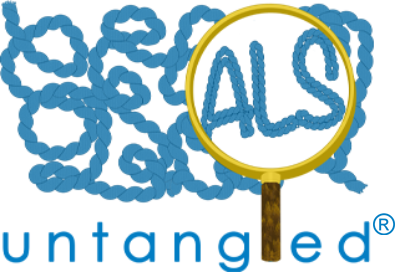Pyridostigmine
Pyridostigmine has a plausible mechanism for transiently enhancing neuromuscular transmission in early stage ALS, where NMJ transmission is impaired but motor neuron numbers are preserved. However, there is no plausible mechanism for slowing ALS progression. Case reports showed PALS without typical MG symptoms did not respond to pyridostigmine. Thus far, clinical trials of pyridostigmine in […]
Rituximab
ALSUntangled reviews alternative and off label treatments on behalf of people with ALS who ask about them. Here we review rituximab, a drug which specifically depletes B lymphocytes. We show a current lack of evidence for a role of these cells in ALS progression. The one patient we found who described using Rituximab for their […]
Glucocorticoid Corticosteroids
In conclusion, corticosteroids are a class of medications with wide ranging clinical uses and well studied effects on the immune system. ALS progression is associated with changes in immune system function, with the early disease states associated with anti inflammatory immune markers and the advanced disease states associated withpro inflammatory immune markers. Although treatment with […]
Anti-Mycobacterial Antibiotics
There is a theorized association between MAP and ALS, and two published case reports described improvements in ALS like conditions (both with atypical features) after treatment with antimycobacterial antibiotics. Based on these, we believe it would be reasonable to perform chest imaging in PALS who have features of their history or exam that are a […]
Light Therapy
Light therapy has not yet been convincingly shown to help people with ALS. However, at specific wavelengths and energy densities, LT appears safe and has theoretically plausible mechanisms. There is a single case report suggesting benefits for light therapy in ALS, but it contains in sufficient detail to independently confirm diagnosis or treatment benefit. Further […]
Anti-fungals
It is unknown if fungi exist in the brain of PALS. If they do exist, it is unknown if they have any pathogenic effect, and unknown if antifungal drugs would modify ALS disease progression. There are no pre-clinical ALS model studies, verified ALS cases, or ALS clinical trials to suggest that antifungals would be of […]
Penicillin G/Hydrocortisone
In our opinion, there is no convincing evidence that GABA overload plays a role in ALS progression. PNG/HC has other theoretical mechanisms by which it could slow ALS progression, but previous human trials involving steroids and a trial of a b lactam with more potent effects on glutamate did not help. We have not been […]
Antiretrovirals
Antiretrovirals are a group of diverse drugs developed for HIV infections that vary widely in theoretical efficacy against HERVs, side effect profiles, and cost. HERV expression is apparently increased in some PALS; however, it is unknown if this is abeneficial, neutral, or pathological process. Furthermore, it is not clear if ARV-targeted mechanisms such as cell […]
